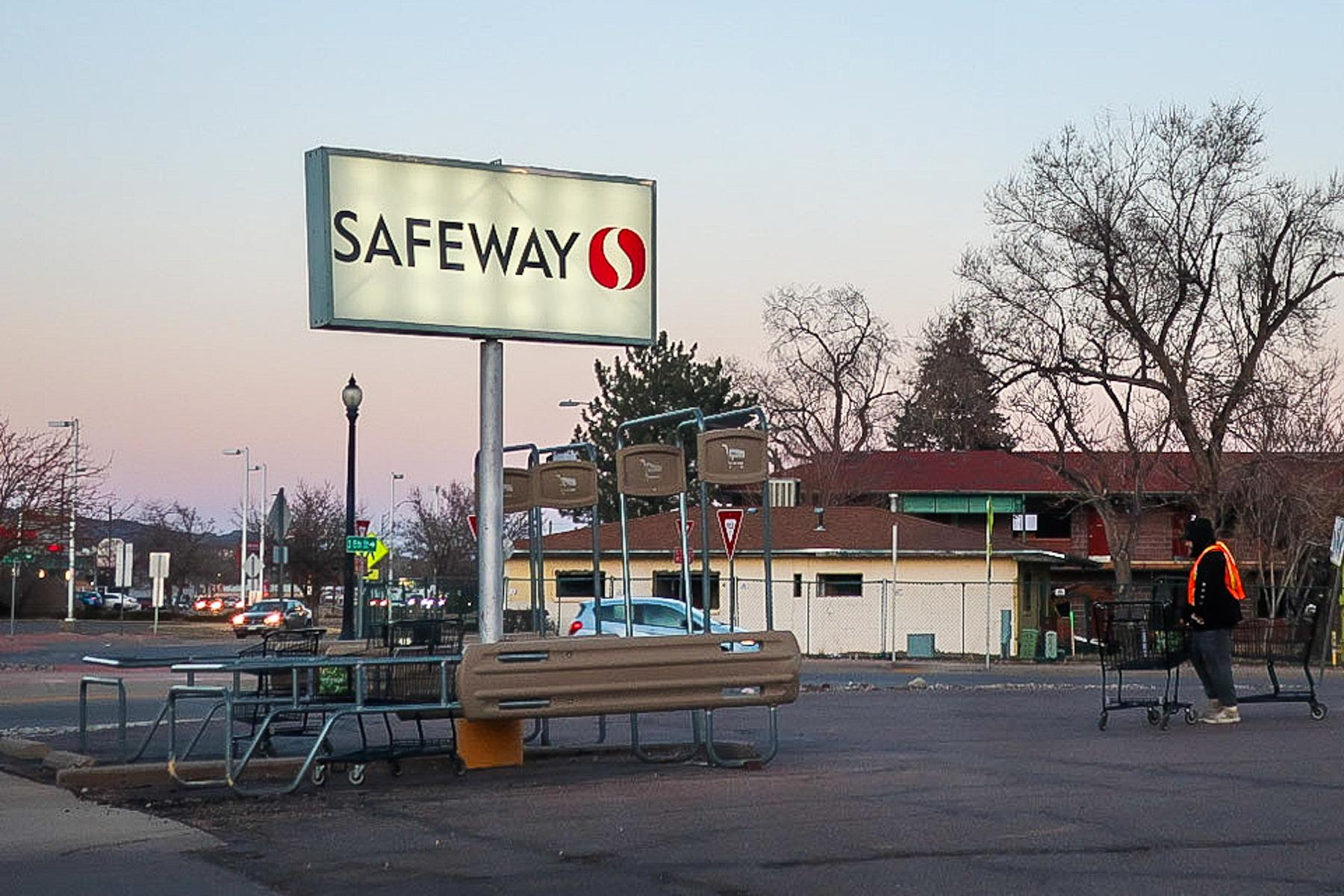Law enforcement is raising new concerns that Colorado’s medical marijuana is being smuggled onto the black market. Supporters argue a few cases shouldn’t taint the highly-regulated industry. But CPR’s Ben Markus reports the drug may not be as heavily regulated as originally planned.
Reporter Ben Markus: Matthew Huron is surrounded by marijuana plants under bright fluorescent lights. This grow operation is in a brick warehouse fifteen minutes from downtown Denver. Huron says these valuable plants are meticulously tracked, all labeled with unique numbers.
Matthew Huron: We actually upload them into our tracking systems, and you’ll see every single plant has a tag on it, which is also uploaded into our inventory management system, which will track the plants in every stage of life.
Reporter: And, like a casino, there are cameras everywhere.
Huron: As you can see, we’re under surveillance in this room as we are in every room.
Reporter: He’s required to keep a detailed log of every ounce of marijuana he grows. And if there’s a discrepancy, state regulators can review the video. In fact, he says inspectors were here just a couple of weeks ago. But not all dispensaries follow the rules. A grand jury recently indicted The Silver Lizard in Denver for allegedly supplying 40 pounds of marijuana to a smuggling ring.
Huron: And I think Silver Lizard is a sign that there is proper enforcement. Those that are playing by the rules and taking this very seriously we are being checked and being looked at, and if we’re good business folks, that we’re allowed to do our business.
Reporter: But a report earlier this month by a law enforcement group found Colorado’s medical marijuana has been smuggled into 23 other states. That’s not what lawmakers had in mind when they designed the regulated dispensary model. Here’s former State Senator Chris Romer two years ago, arguing for the new law.
Chris Romer: That’s where we need to start this conversation, is a highly regulated industry that’s effectively going to get the kind of knuckleheads out of the business that I saw in the one night that I was with the Denver Vice Squad as we went around town.
John Suthers: One of the warnings we gave them was that we suspected Colorado could become an exporter of marijuana to other states.
Reporter: That’s State Attorney General John Suthers now. He says despite regulation, criminals have found a way to smuggle marijuana. What’s worse, he says the Medical Marijuana Enforcement Division doesn’t have enough money to regulate the industry, recently having to reassign 20 employees to other divisions. Another architect of the regulations, State Representative Tom Massey, says the rules are solid - it’s just that enforcement needs money.
Tom Massey: So we didn’t actually have the enforcement that we had originally set up to make sure that we didn’t have these misuses and abuses of the system.
Reporter: The Medical Marijuana Enforcement Division refused repeated interview requests, citing a new policy of not doing radio interviews. In a written response to our questions, the Division says enforcement is paid for by fees from licensed marijuana businesses. And licences have been held up by things like lengthy background checks and delays in local government approval. But medical marijuana proponents like Brian Vicente with Sensible Colorado say, by and large, the system is working.
Brian Vicente: It’s not a perfect system, but it’s a heck of a lot better than having marijuana sold on street corners or parks. And patients deserve to be able to access medicine in this regulated environment.
Reporter: He says based on his conversations with people in the industry, last year there were one million medical marijuana transactions. Yet, he says law enforcement can only come up with about 70 cases of black market smuggling in their recent report.
Vicente: And in many cases just allegations of that happening.
Reporter: But former regulators point to an even bigger challenge. Because banks are worried about running afoul of federal law, marijuana businesses can't get traditional loans and bank accounts.
Matt Cook: Any cash industry breeds corruption, that’s just the nature of the beast.
Reporter: Matt Cook was the state’s senior director of enforcement. He oversaw things like liquor, gambling, and marijuana until last year.
Cook: The fact that there’s no banking, be it here in Colorado, be it in California, be it in Conneticut, be it in Washington DC, you will have corruption.
Reporter: The Silver Lizard dispensary, that shop that was busted for allegedly handing pot out the back door, had allegedly gotten loans from the smuggling ring it was tied to. State Representative Massey tried and failed to tackle that issue in the last legislative session. He also tried and failed to pass a bill that would have given marijuana enforcement more money. Massey says despite the problems this is his signature piece of legislation.
Massey: I think the framework that we put in place is really starting to work on balance, again but we don’t want Colorado known as the marijuana supplier to the nation either.
Reporter: Massey is term limited, so the solution will be up to future lawmakers.
[Photo: CPR/MVerlee]








